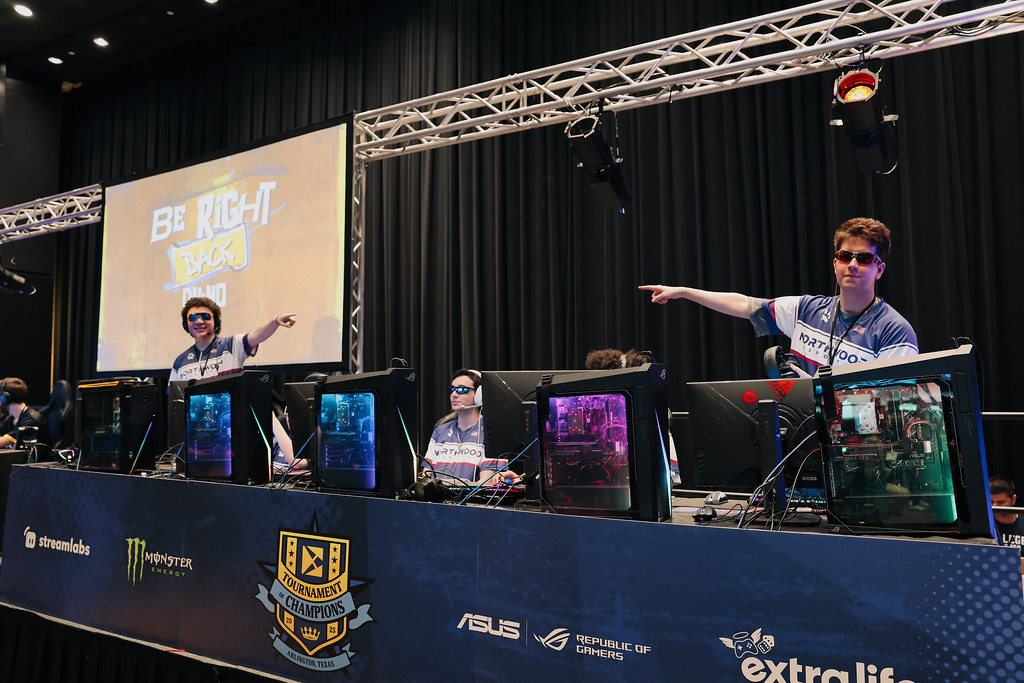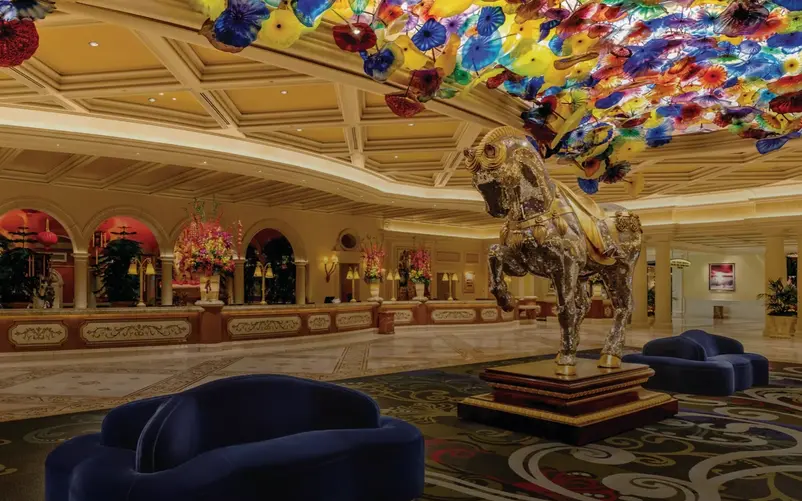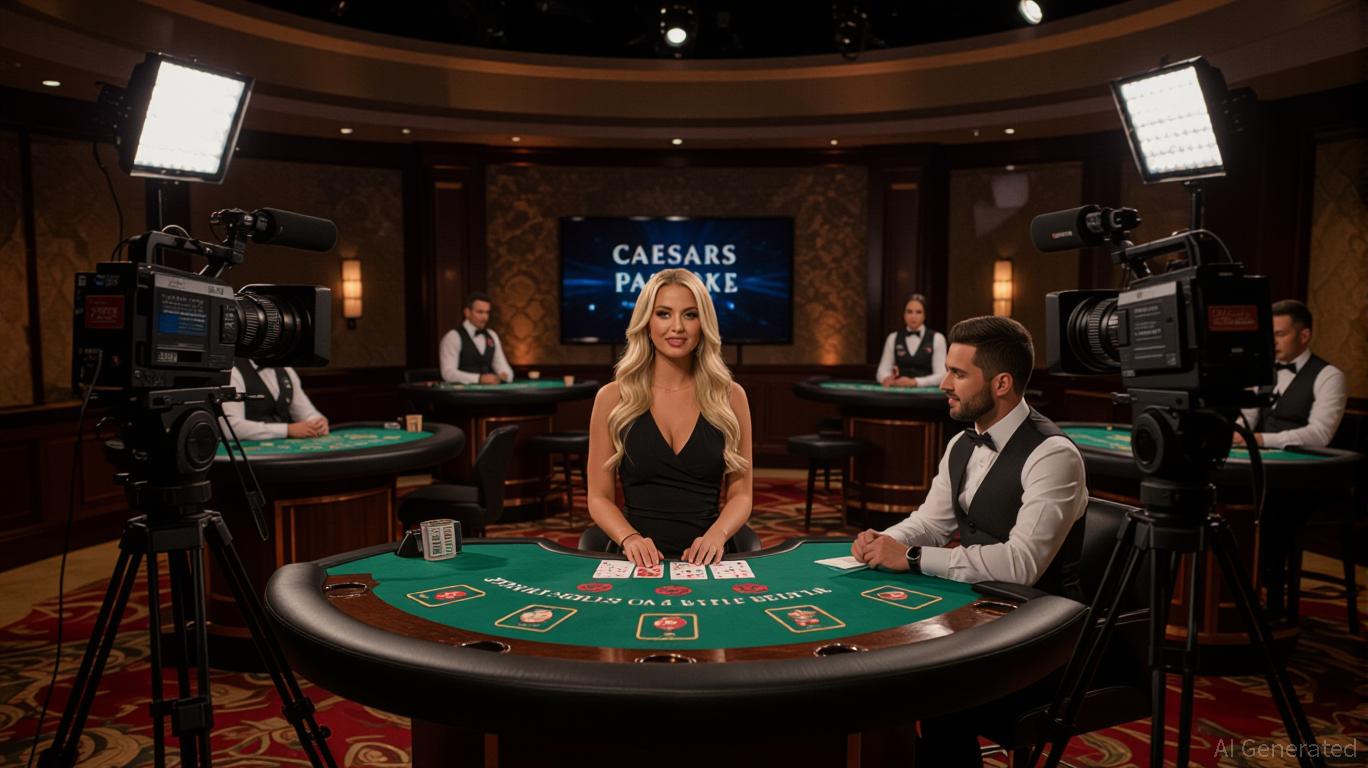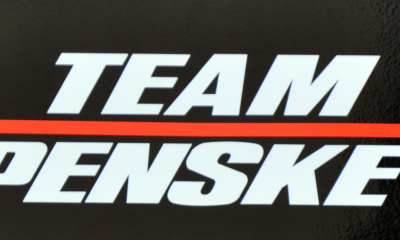Q2 brought another wave of high-profile esports industry deals. Endemic partnerships remained the most common, but the quarter also delivered its share of surprises, from the expected power players to long-awaited policy shifts that could reshape future sponsorship dynamics.
Two of the most active players this past quarter were the Esports World Cup Foundation and BLAST. The former moved fast and early, securing a broad mix of sponsors and collaborators ahead of the Esports World Cup, the year’s flagship esports event, boasting over $70 million in prize money. BLAST, on the other hand, was riding the momentum of a packed competitive calendar, including the CS2 Major, RLCS Major, and a range of partnered tournaments, all backed by new and returning sponsorships.
Team organizations were also busy, with Team Vitality and Team Liquid standing out thanks to major acquisitions and a set of headline partnerships that stretched beyond typical endemic territory. From regional telecoms to international food brands, Q2 saw teams lean further into commercial growth and global relevance.
And then there were the quiet ripples that could grow into waves, including a key decision from one of the industry’s most influential publishers, which opens the door for a new category of partnerships going forward.
Esports teams
Team Vitality continued its rapid evolution in Q2, executing several strategic moves that strengthened both its competitive reach and commercial ambitions. Chief among them was the acquisition of Bigetron Esports, a move that grants Vitality direct access to Southeast Asia’s thriving mobile esports scene. Rebranded as Bigetron by Vitality, the team now competes in titles like MLBB, PUBG Mobile, and Free Fire, marking Vitality’s official expansion into one of the fast-growing regions in the industry. The deal also brings with it a sizable digital presence, with Bigetron boasting nearly 7 million followers across social platforms.

Off the server, Vitality made bold plays to scale its brand beyond competition. The launch of RushBee, its new in-house marketing agency, signals an ambition to shape the conversation around youth culture and gaming, not just participate in it. Focused on Gen Z and Gen Alpha, the agency aims to craft native-first creatives across platforms like TikTok, YouTube Shorts, and Twitch, while also offering services to external clients. The team’s new partnership with Nescafé reflects that approach: launched under the “Ready to Level Up” campaign, the collaboration blended lifestyle content, performance narratives, and product integration across Vitality’s player ecosystem.
Following Vitality’s expansion, Team Liquid also doubled down on growth, making strategic moves to diversify its presence. In Q2, Liquid finalized the acquisition of Team Gullit, a Dutch EA FC academy built around the legacy of Ruud Gullit. The deal folded Gullit’s top-tier players and the Alkmaar training base into Team Liquid’s infrastructure, extending Liquid’s footprint into virtual football and giving it a stronger foothold in European talent development. With player and roster integration across EA FC (and continued sponsorship connections like Philips OneBlade), Team Liquid strengthened both its competitive lineup and club ecosystem.
On the commercial front, Team Liquid partnered with ergonomics innovator Blacklyte in a collaboration that goes beyond typical sponsorship. Together, they co-developed a custom gaming chair and desk, shaped by pro-player feedback and now featured across Liquid’s training facilities worldwide. The partnership debuted at the CS2 Austin Major with the launch of a special edition product line, accompanied by fan activations on-site.

Q2 saw a steady flow of endemic partnerships, particularly in hardware and gaming peripherals, spanning top global teams. Industry giants like AMD, Logitech, Intel, Razer, ASUS, Pulsar, Blacklyte, AndaSeat and Anthros extended or launched new collaborations with organizations worldwide: from 100 Thieves in the US and FURIA in Brazil to Team Spirit in Europe and Paper Rex in Southeast Asia.
Alongside hardware and peripherals, energy drinks remain a pillar of endemic esports sponsorship. This quarter saw two major players cement their presence with notable signings: Red Bull extended its footprint by partnering with Team Falcons, while Monster Energy secured deals with top-tier teams, including Korea’s Hanwha Life Esports and North America’s OpTic Gaming. Both companies are doubling down where it counts, backing teams with strong regional followings and passionate fan bases, keeping energy drinks front and center in some of the world’s most-watched esports scenes.
Beyond endemic brands, Q2 saw teams branching into fresh categories, forging partnerships that highlight esports’ widening cultural reach. Fnatic teamed up with McDonald’s UK for a bold co-branded campaign around one of the burgers, while FlyQuest joined forces with Korean skincare brand BRMUD, bringing self-care into the gaming conversation.
In a unique blend of pop culture and esports, T1 partnered with Disney Korea to launch an exclusive merch collection tied to the “Mickey and Friends: Seoul Tour 2025” campaign. Meanwhile, Vietnam’s GAM Esports struck a deal with airline Vietjet, combining travel perks with fan activations and jersey branding.
Tech collaborations also made waves this quarter. Both Gen.G and Cloud9 partnered with AI startup Theta Labs to roll out smart chatbots for both organizations that engage fans through interactive content, real-time updates, and community events.
Game publishers and tournament organizers
Shifting the spotlight to publishers and tournament organizers, Riot Games made some of the most talked-about moves of the quarter. In a decision that could reshape commercial dynamics across two of esports’ biggest titles, Riot officially lifted its ban on betting sponsorships for League of Legends and Valorant teams across the Americas and EMEA.
The policy change opens the door for teams to pursue deals with gambling brands, an opportunity long restricted in Riot-sanctioned esports. While the move is expected to unlock new revenue streams for top orgs and funnel additional funding into Tier 2 ecosystems, prize pools, and integrity initiatives, it also sparked debate around ethical boundaries and potential risks, particularly with regard to match-fixing and youth protection.
Earlier in the quarter, Riot also announced a multi-year partnership with Coinbase, naming the crypto exchange its exclusive blockchain and cryptocurrency partner for LoL and Valorant esports. The deal includes in-broadcast segments, on-site activations, and various fan-facing initiatives designed to deepen engagement and test new digital finance integrations in the competitive gaming space. Though unrelated to the betting policy shift, the Coinbase deal reinforces Riot’s interest in broadening the commercial framework around its esports properties.

As the Esports World Cup 2025 kicked off in Riyadh, the Esports World Cup Foundation continued its push to build a strong partner ecosystem supporting the event’s global ambitions. Among the standout collaborations is a multi-year agreement with Amazon Ads, which leverages Twitch and Prime Video to amplify fan engagement and broaden viewership worldwide.
Regional powerhouse stc Group also took center stage as a principal sponsor, providing critical support for the event’s connectivity and infrastructure across the Middle East. Meanwhile, popular anime streaming service Crunchyroll joined the roster, activating fan experiences on-site and rolling out exclusive giveaways throughout the eight-week festival. Building on this momentum, the EWCF also secured a significant partnership with PepsiCo in July, adding another major global brand to the sponsor lineup and aiming to enhance fan activations both digitally and on-site as the event unfolds.
BLAST continued to dominate the esports event scene in Q2, bolstering its portfolio with strategic partnerships across major tournaments. A standout collaboration was with Nova Wallet, a fast-growing self-custodial mobile wallet for the Polkadot ecosystem that enables seamless staking, cross-chain transfers, and access to decentralized apps, bringing innovative blockchain technology closer to esports audiences.
Alongside this, BLAST’s flagship competitions like the RLCS Major in Raleigh and CS2 Austin Major featured a wide range of sponsors spanning tech, gaming gear, and lifestyle brands (see our article for full details). Additionally, BLAST expanded its global reach via a partnership with Reliance Rise, signaling a focused effort to grow esports in India, one of the fastest-expanding markets worldwide.

DreamHack (as part of ESL FACEIT Group) elevated the event experience through high-profile partnerships with luxury automotive brand Lamborghini and energy drink giant Red Bull at DreamHack Dallas. Lamborghini made its festival debut with a 300-square-meter booth featuring immersive racing simulators, Web3 activations, and a custom-liveried Revuelto car showcased both physically and digitally in the Asphalt Legends Unite game. The event also included the Lamborghini Revuelto Esports Challenge, where top players competed for exclusive merchandise and VIP experiences. Meanwhile, Red Bull, as the official energy drink partner, energized the festival with fan activations and hosted the Red Bull Home Ground Valorant tournament, culminating in live finals on the main stage.
Influencers and esports athletes
When it comes to individual influencer and pro player partnerships, Red Bull was the most active brand in Q2, steadily growing its roster across multiple esports titles. Among its newest signees was Tyson “TenZ” Ngo, the renowned Valorant star and content creator boasting millions of followers across different socials. The brand also brought on Marc “Caedrel” Lamont, a former League of Legends pro who has become a leading streamer and coach. In the Fortnite scene, Red Bull signed two major talents: Ali “SypherPK” Hassan, known for his educational content, and Kyle “Mongraal” Jackson, a British pro celebrated for his success with FaZe Clan.

Among other deals, Mathieu “ZywOo” Herbaut, a prominent Counter-Strike 2 professional, unveiled his signature gaming mouse, “The Chosen”, in collaboration with gaming peripherals brand Pulsar. Developed over several months with input from Prodigy Agency, the mouse is tailored for palm grip users, reflecting ZywOo’s personal preferences.
DXRacer announced a global partnership with legendary Counter-Strike player Kenny “kennyS” Schrub, naming him their first-ever Global Brand Ambassador. This collaboration highlights a long-standing relationship between kennyS and DXRacer, dating back to his early days in esports. As part of the partnership, DXRacer introduced the Martian-Pro Series electric gaming chair, featuring motorized reclining adjustments, customizable lumbar support, and a high-capacity battery.
That wraps up our Q2 esports deals overview. For more in-depth analysis, exclusive content, and extensive data across the industry, be sure to check out our monthly reports available exclusively to PRO subscribers. Dive deeper into the biggest deals of June and May, and stay ahead of the curve with all the insights you need!

























































 BREAKING: NBA MVP Shai Gilgeous-Alexander signs the RICHEST annual salary in league history
BREAKING: NBA MVP Shai Gilgeous-Alexander signs the RICHEST annual salary in league history
